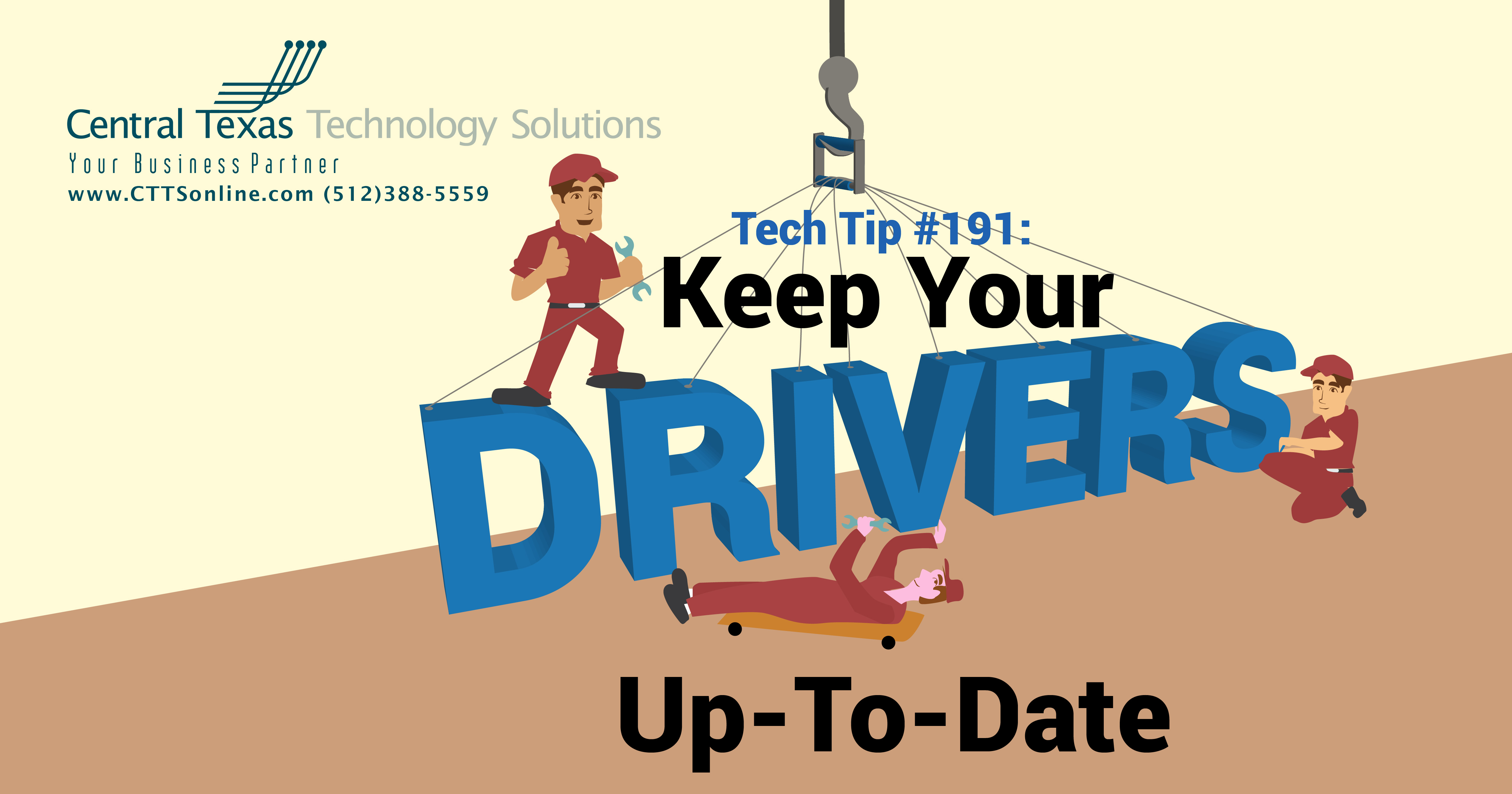
 When we look at our computers and devices on a fundamental level, there are two main components—software and hardware. Your operating system (OS) and any programs and apps you have installed on it are the software. Your motherboard, RAM, mouse, keyboard, printer, phone, and anything else physically connected to your computer make up the hardware.
When we look at our computers and devices on a fundamental level, there are two main components—software and hardware. Your operating system (OS) and any programs and apps you have installed on it are the software. Your motherboard, RAM, mouse, keyboard, printer, phone, and anything else physically connected to your computer make up the hardware.
Like all good teams, in order for the software and hardware to work together and stay on the same page, they need to communicate. Drivers are what facilitate the conversation between your software and hardware, teaching them to work together. In fact, every hardware device that is installed on your computer requires a device driver—this piece of software code that essentially "explains" to the computer how to control the device—a technology translator.
Every operating system—from Windows to Android—uses hardware drivers.
So, How Do I know If I have a Bad Driver?
If you’ve experienced a computer crash, slow or unresponsive programs or applications, a hardware driver may have been the cause. Bad data can make an impossible request that the system couldn’t recover from. Your operating system may then freeze or crash. Drivers themselves can also contain bugs or incompatibilities, but a driver may also appear to be at fault when the underlying hardware device is failing or has another physical problem. Regardless, it's a good idea to make sure your drivers are up-to-date and in good shape.
How Do I Fix Driver Issues?
To improve the performance, compatibility, and cybersecurity of their devices, hardware manufacturers update drivers regularly and as well as any time new hardware is brought to the market. Programs can be updated daily, weekly, monthly, and/or even quarterly. When a software has new features, they also tend to push out some updates as well. However, when you're updating drivers for one software and you exclude your other drivers, you run the risk of breaking another software within your machine.
This is especially true when Windows pushes out its updates on what we call "Patch Tuesday." For example, say a new Windows update comes out to supposedly improve your performance, yet for some reason your processor is using more power than before, causing slowness or even crashing. Most of the time, your processor will then need a new driver to fix the incompatibility between the processor and the software.
Just visit the website of the software manufacturer for your specific program, or if you're experiencing cross-platform issues and errors, visit with the hardware manufacturer's website to search for driver updates.
Why Do I have To Update My Drivers?
Making sure that your drivers up-to-date will keep you from having more headaches down the road and can also fix a lot of your errors that you might be experiencing with your software. If you have software that cannot be updated or nearing it's end of life, it may be time to upgrade to the newest version or look for another product entirely.
In any case, letting drivers and other components stay out of date leaves you open to vulnerabilities. These flaws in your system can allow non-authenticated users to access sensitive information, while others could have been abused to escalate privileges or to trigger denial of service attacks on both Linux and Windows machines.
This is a big deal, and a number of flaws addressed by updates could easily be turned against you. Don't let that happen. It's just not worth the risk. There are times when companies release patches we'd consider to be optional or at least lower priority, but once hackers have gained a foothold on a target machine, they could launch attacks designed to abuse these bugs and take down your entire organization. So, it pays to treat the issue seriously and apply updates and patches as soon as possible.
The good news is that when you install the latest security patch, you'll get fixes for a wide range of issues and improve the performance of your machine and applications.
If you are a business owner in Central Texas and you have questions about drivers, updates, or anything technology related, schedule a free IT consultation or give CTTS a call now: (512) 388-5559.

By Ramon Kreher
Desktop Support Technician
Central Texas Technology Solutions
